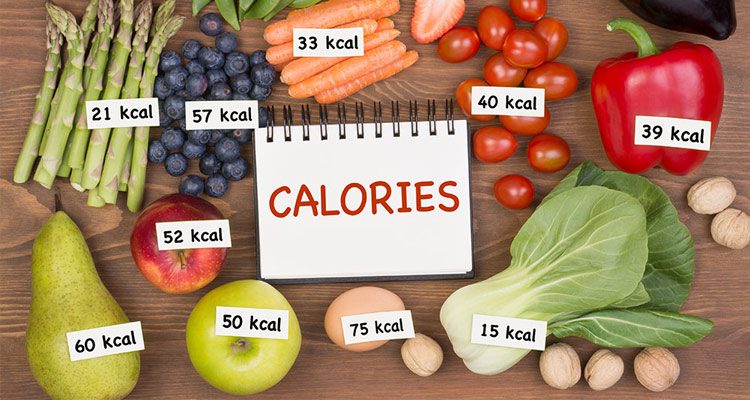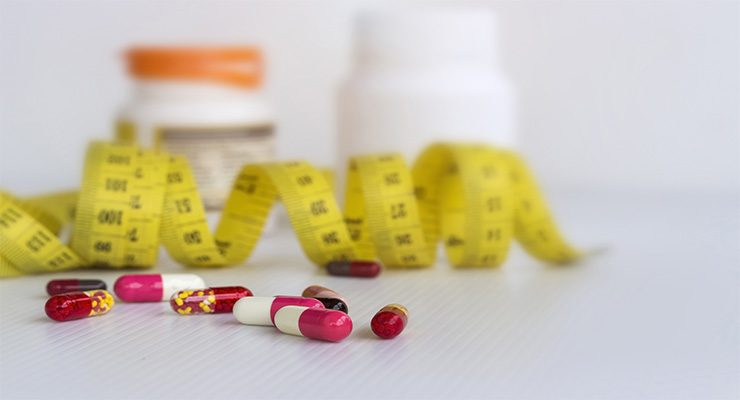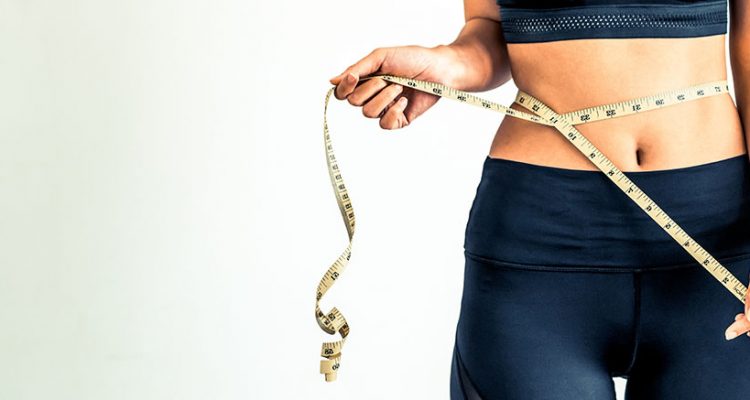We have been obsessed with calorie counting for years. It’s all based on the calories in vs. calories out method of weight loss. As long as you eat less than you burn off, you will lose weight and everything will be fine. Right? Wrong. It’s not quite as straightforward as that. Read on to find out exactly how many calories should I eat?
How to work out the calories you need
It’s difficult to know how many calories (more correctly known as kilocalories or kcals) we actually need. There are rough guidelines of around 2000kcals per day for women and 2,500 per day for men – but everyone is so different.
Things like your muscle to fat ratio, height and your activity levels can all impact on your calorie needs. This is why it’s difficult to know your own requirements without complicated medical measurements. It’s much better to tune into your body. If your weight is stable, you are eating the right amount of calories for you. If you want to lose weight from there, just up the activity or slightly reduce intake.
Bear in mind, though, that muscle weighs more than fat, so if you take up a lot of resistance exercises to increase muscle (a good way to help weight loss as muscle burns more energy than fat) then your weight may not decrease… but your fat levels will, which is the ultimate aim.
Also, remember that not all calories are created equal

Calorie-counting has led to a focus on calories alone which aren’t always easy to calculate. People then gravitate to the low-cal labelled food in the supermarket which can mean low-fat processed foods that are nutritionally deplete, at the expense of real, healthy food. Fat contains more calories per gram than other food groups so tends to be removed and other bulking agents added to make the food more palatable. Or sugar is taken out and replaced with artificial sweeteners which may do us no good either and doesn’t help weight-loss in some studies. It’s about quality as much, if not more, than quantity when it comes to calories. Focusing on real food and cooking from scratch is a much healthier option.
So, should I ditch calorie counting completely?
No, I think it is helpful as many of us have lost touch with normal eating – even down to knowing what an appropriate portion-size looks like. Also, having an idea of the calorie count can steer us away from those ridiculously calorie-packed mega lattes and over-sized muffins, or other irresponsible offerings from high-street coffee-chains and the like. Luckily for us they are being encouraged to calorie-label their products so we can avoid wasting a third of an entire day’s calories on a coffee and snack. And avoid the excessive sugar load they contain too!
However, obsessive calorie-counting is boring and often inconvenient or difficult – when we are out for dinner, for example. So, it’s much better to use calorie-counting to help you get control over normal, healthy portions initially, and from time-to-time thereafter to make sure that those portion sizes aren’t creeping up.
Keep an eye on nutrition
Make sure too, that those calories come from proper, nutritious food. It’s easier than ever to find out how many calories are in every different foodstuff – from Apples to Zucchini (that’s courgette for us in UK!). I use the MyFitnessPal app to keep an occasional record of my nutritional and energy intake. Putting in your age, weight and height will give you a rough idea of how many calories you should aim to eat per day to achieve a healthy weight for you. But remember, this is not an exact science – your weight will vary with the amount of muscle you have, the amount of good healthy fibre you ate the day before and is still in the system, and much more! So, use this figure as a rough guide and tune into your body to see what is right for you.
So, counting calories should not be an obsession. By all means, count calories from time to time as a rough check on what you are eating and to help control portions. Importantly, though, make sure your calories come from real, nutritious and delicious food.
Don’t just calorie count. Make your calories count!
Are you looking for car insurance? Head here to get a quote from Vavista today!
Sources: What should my daily intake of calories be? – NHS (www.nhs.uk)



